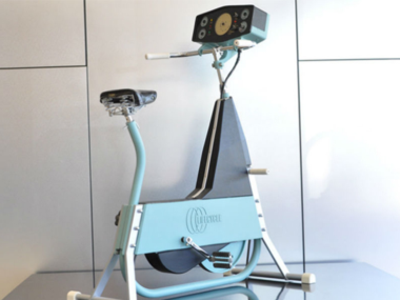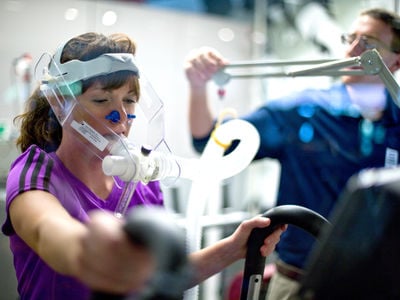New research has found that exercise can reduce inflammation in the blood.
With all the research constantly coming out about the benefits of exercise, there’s a new one to add to the ever-growing list of reasons we should be hitting the gym regularly: it can change the properties of your blood.
Researchers from the University of Illinois, USA, have discovered that exercise can reduce inflammation in the blood.
This new research is especially helpful if you are obese. Many of the health risks associated with obesity are due to chronic inflammation.
The study
The new study, published in the Journal of Physiology, used young adults, some lean and some obese as its participants. Researchers completed comprehensive physiological classifications of all the participants both before and after a six-week exercise regimen.
The training program was a cardio (either cycling or treadmill) session three times a week. The program lasted for six weeks and focused on endurance-style training.
Results
The results showed that the exercise decreased inflammatory marker in the blood of all participants but especially in the obese participants. Quoting from the study, the researchers show “that six weeks of endurance exercise training significantly decreases inflammatory circulating progenitor cells in obese adults”.
“This research is important because it helps us understand how and why exercise improves the health of people with obesity,” says Dr Michael De Lisio, one of the study’s authors.
“After participating in the exercise intervention, some participants were inspired to participate in our local half-marathon. This enthusiasm for exercise and building the habit of increased physical activity is one of the most rewarding aspects of conducting these types of human exercise trials.”
The research team hopes that this study will provide a launching pad for further research on how inflammation might affect other chronic conditions.
Reference
Niemiro, G.M. et al. (2018) ‘Effects of endurance exercise training on inflammatory circulating progenitor cell content in lean and obese adults.’
Journal of Physiology. First published: 19 June 2018. https://doi.org/10.1113/JP276023























